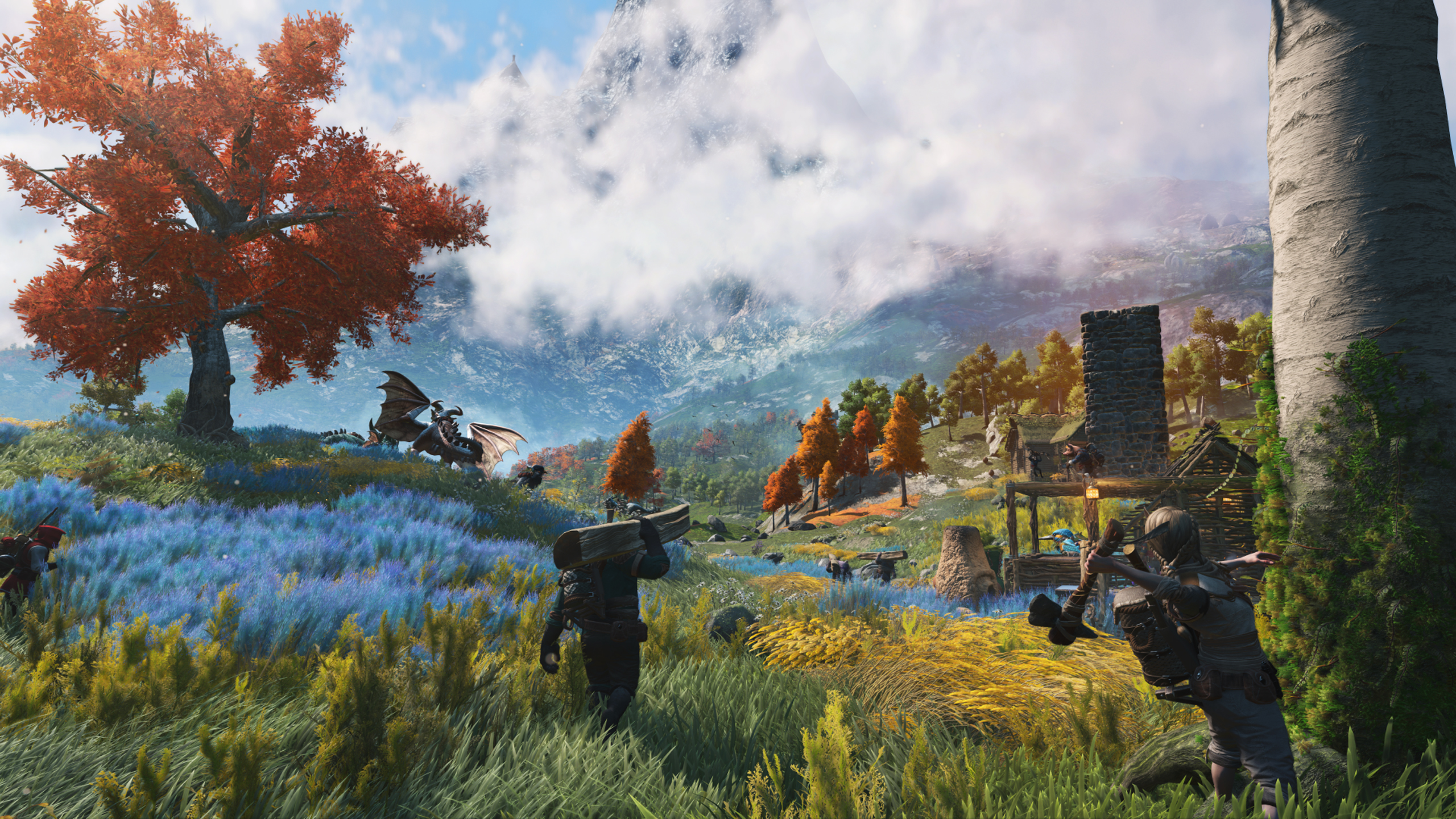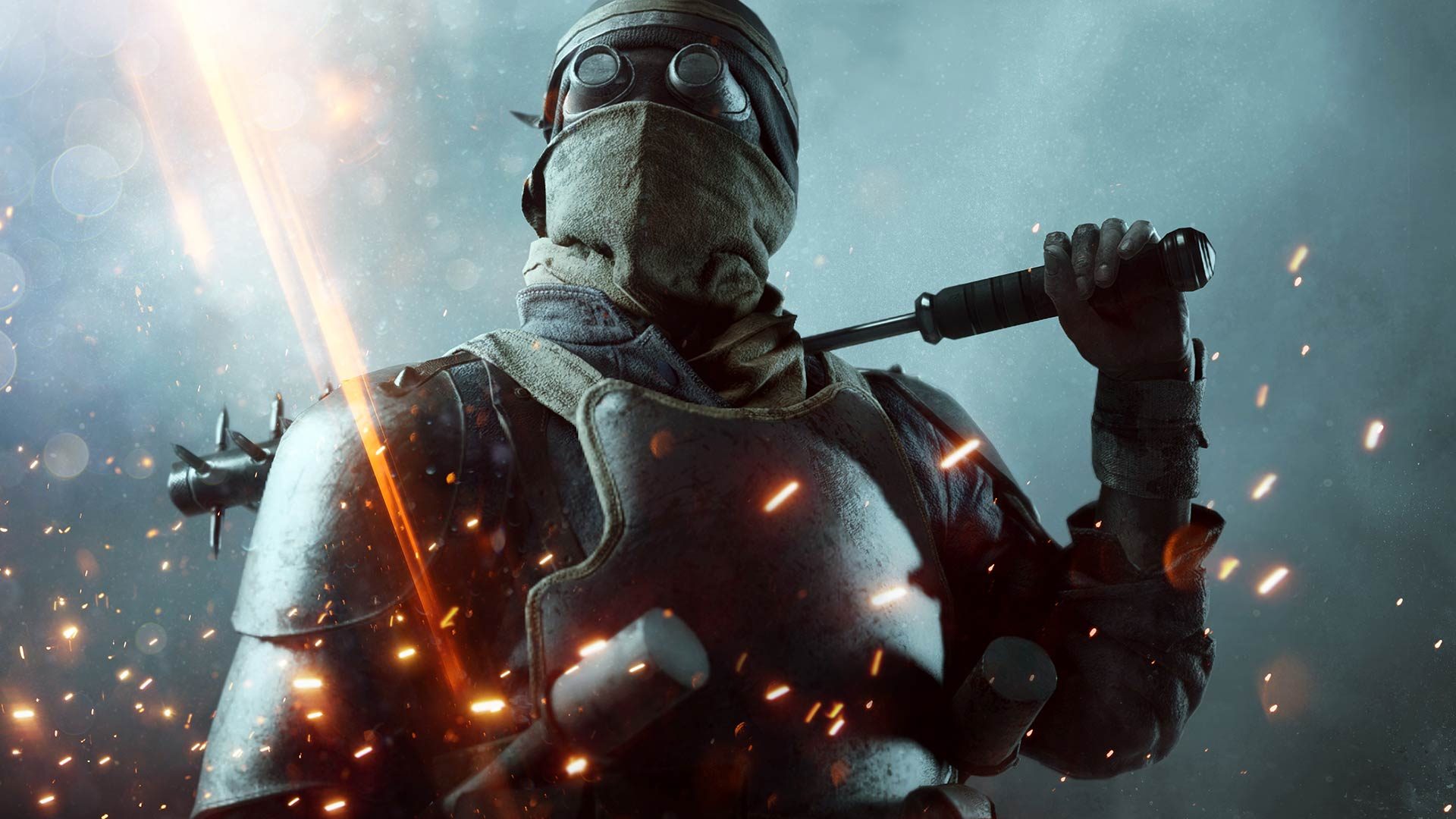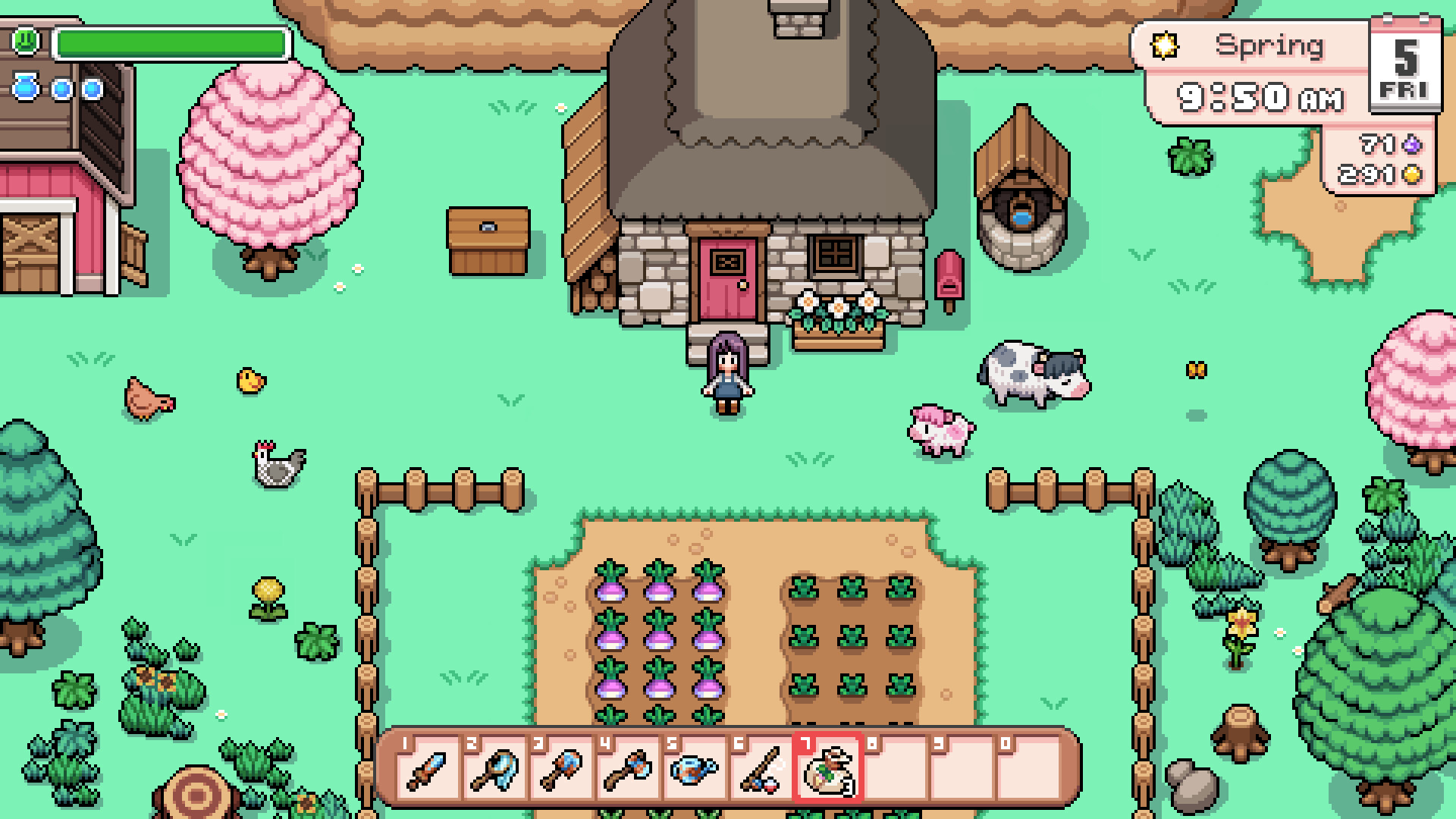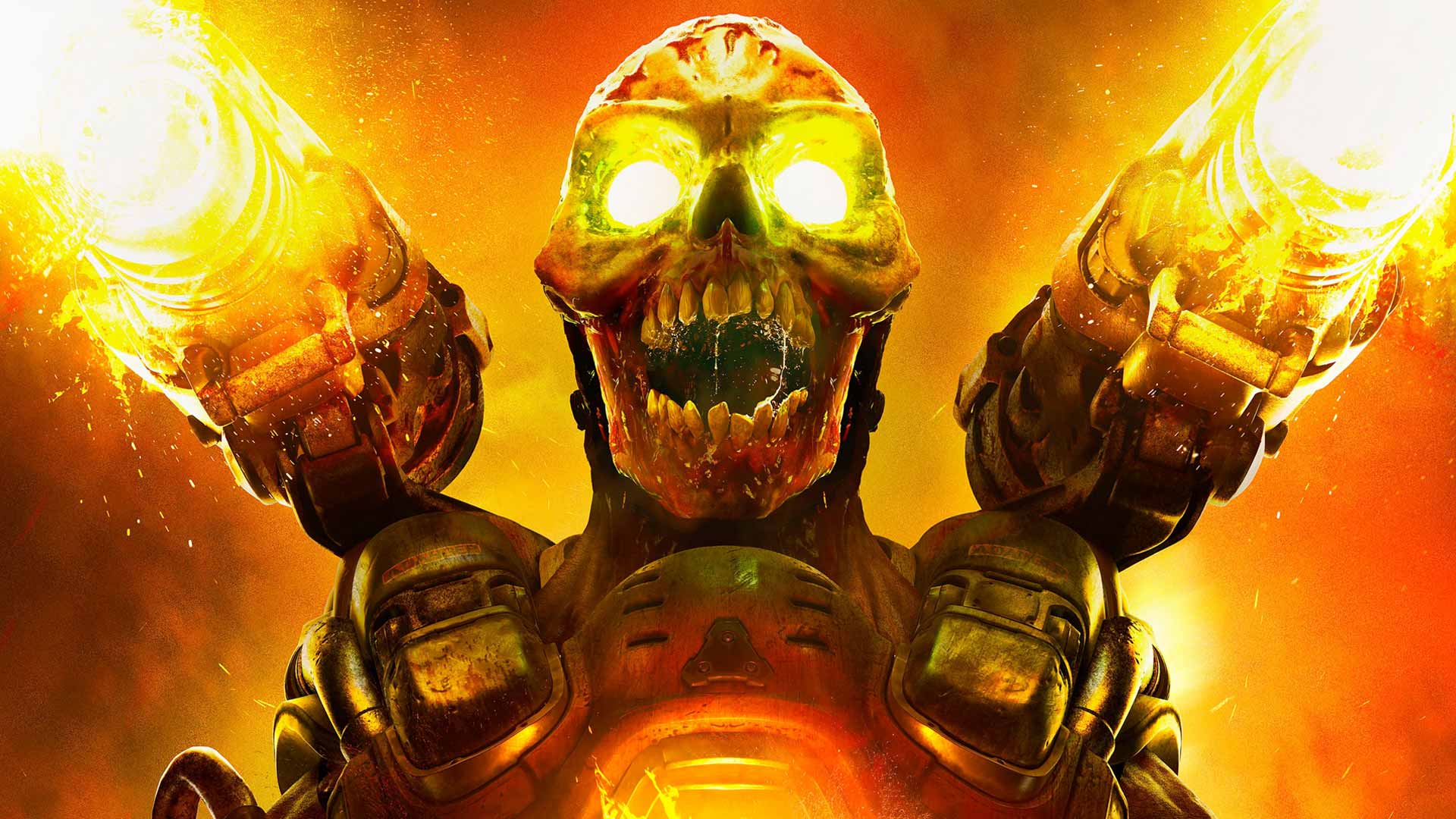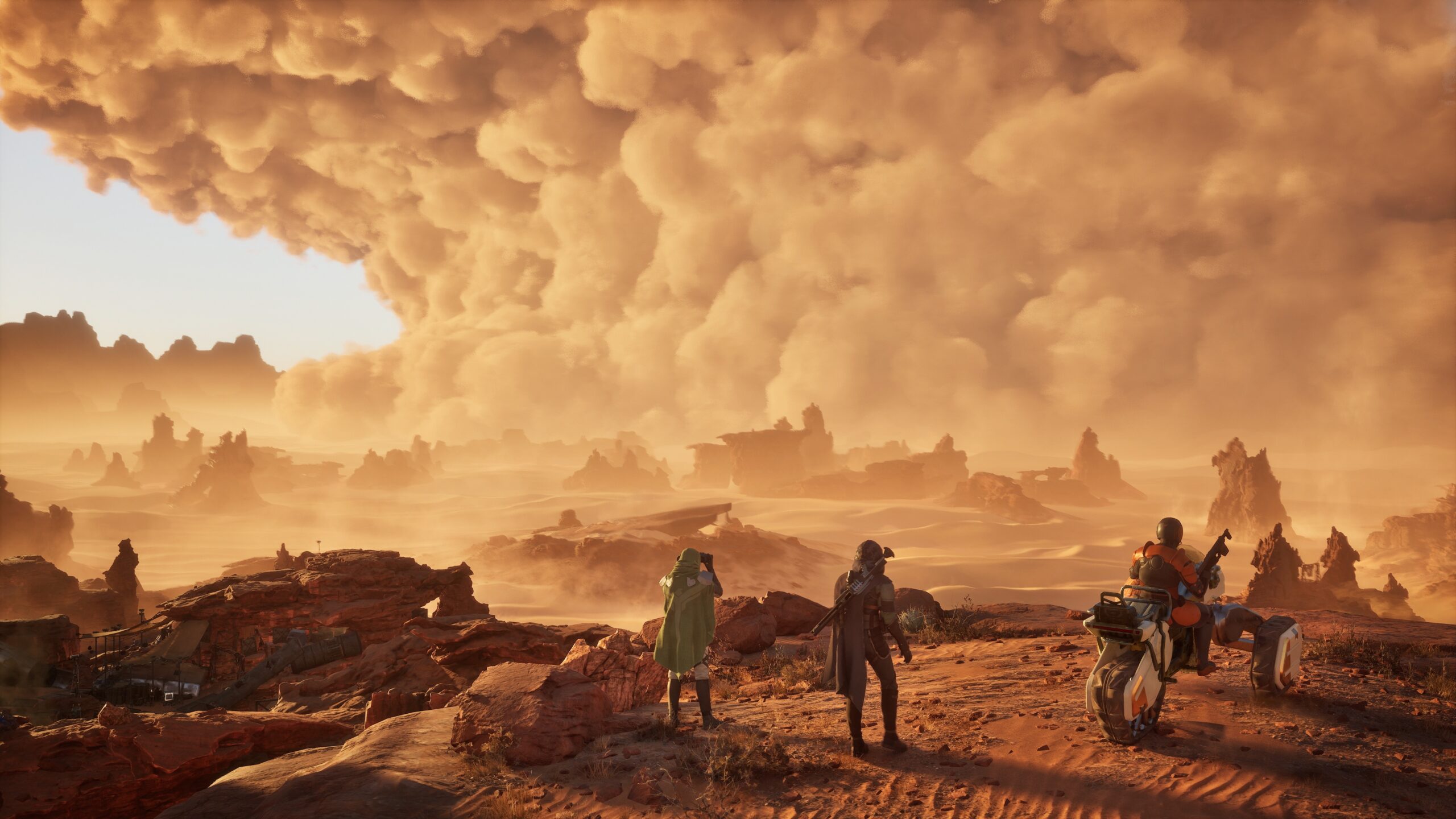It was exactly 10 years ago that Hello Games first announced the project that catapulted it to enormous mainstream attention: No Man’s Sky. To call the following decade turbulent for the studio would be something of an understatement.
For years, it got to ride the highs of working on one of the most hotly anticipated games of all time, all the while happily making wild and hugely ambitious claims about the project in countless interviews and presentations. But then the final product launched in a seriously underwhelming state, and the studio—and particularly its de-facto spokesperson, Sean Murray—found themselves suddenly at the centre of a near-unprecedented backlash, accompanied by a tsunami of toxicity and harassment. The team even got thrown under the bus by their own publisher. Whatever your thoughts on the game itself, and despite the fact that it ultimately sold very well indeed, No Man’s Sky’s launch was undoubtedly one of the worst PR catastrophes gaming has ever seen.
So why does Hello Games seem to be doing the same thing all over again?
Light No Fire is Hello Games’ follow-up to No Man’s Sky—essentially implementing many of the same ideas and techniques, but on one fantasy world instead of an entire sci-fi galaxy. At a glance that sounds smaller in scale—one world instead of quintillions. But that one world is promised to be literally “bigger than the Earth” where each No Man’s Sky planet was in real terms tiny, and it’s promised to be hugely more detailed and dense with content than they were.
On stage at the TGAs, Murray called it “a planet that is as varied as a universe”. Despite only a very small team working on the project, he pitches it as not just equal to modern AAA titles but actually superior to them, with clear shots at the competition that dub it “something with real mountains, not videogame mountains… the first real open world, something without boundaries”. He himself calls it “something more ambitious” than No Man’s Sky. “Here we go…” says host Geoff Keighley halfway through the segment, giving a chuckle that makes even gaming’s biggest hype-man sound nervous about broadcasting this new, impossible-sounding pitch.
So, almost exactly 10 years on from No Man’s Sky’s announcement at what was then the VGX Awards, Hello Games announces a very similar but even grander follow-up at what is now the TGAs. They’re very deliberately repeating their own past actions. I’m no expert in videogame PR but… can that possibly be wise?
Inherently it’s a gamble on whether players still harbour a grudge over their experience of No Man’s Sky. If they do, then you’re kicking off a new backlash to nip at the heels of your entire preview cycle. Worse, if certain online communities take it as a rallying cry to rekindle their anger, it could result in a whole new era of vitriol directed at the studio.
But even if miraculously this doesn’t kick up a fresh storm of negativity, an excited reception seems almost as dangerous. If people buy into Murray’s pitch at face value and once again get swept up in the hype of the promise of a near-endlessly expansive game space to share with their friends, then the pressure will be enormous. Once again, if the final product turns out to be anything less than people expected—almost inevitable given the scope of what’s being promised—it’ll be the same launch day disaster all over again.
You’d hope this is an older and wiser Hello Games. It’s spent the last seven years since No Man’s Sky’s launch making good—diligently patching and updating the game, adding in features that were promised but absent or undeveloped in the launch version, and making substantial new additions. That’s a long time to essentially eat crow on a rocky release and, however you feel about the studio’s past mistakes, it’s admirable how much work it’s done on the game since launch.
(Image credit: Hello Games)
There’s certainly been plenty of positive response to that, too. These days, the No Man’s Sky community is a happy and excited playerbase, still regularly returning to the game and interacting positively with Hello Games. But it has to be admitted, it’s still a niche experience, and that community is largely made up of people who enjoy the very specific quirks of the game—from its desolate loneliness, to its tranquil but repetitive resource gathering, to its endless library of odd, procedurally-generated creatures.
In other words, the No Man’s Sky fanbase is a bit of a bubble. The millions who were originally excited for the game have been whittled down to a hard core of dedicated and receptive fans who likely measure more in the tens of thousands. The pitch being made for Light No Fire is a pitch once again to a much wider audience, and as it stands it’s not being qualified with any statements about the game having a specific appeal. It’s not even being made clear what its genre is, allowing people to project their own ideas of what adventures it could contain in just the same way as No Man’s Sky.
Maybe Light No Fire at release will just have a broader appeal—it’s certainly possible. But at this point it doesn’t seem a possibility Hello Games should be banking its next decade on. I get it, if you want a game to be a smash hit, you have to reach for as wide a spectrum as possible—but if anyone can understand that a smash hit can be a double-edged sword, it should be this studio.
(Image credit: Hello Games)
What should they have done instead? As I say, I’m no PR expert—and undoubtedly it was always going to be a tricky thing to follow up on one of the most controversial games of all time. But seeing Hello Games deliberately go through the same motions a second time feels like watching Wile E Coyote set up his next explosive trap for Road Runner, convinced that this time he’s going to have roast bird for dinner.
I genuinely hope the studio has a better plan here than I’m giving it credit for. For as much as I had my own disappointments with No Man’s Sky, I’ve never begrudged the existence of the game itself—putting external factors aside, it was a big, weird, cool experiment, and generally I love to see teams sticking their necks out like that. Light No Fire is full of stuff I find really exciting, too, and I hope it is as incredible as Murray makes it sound. But for right now I just can’t wrap my head around a studio that’s received one of the harshest lessons in audience expectations the industry’s ever seen being seemingly so ready to make the exact same mistakes again.







